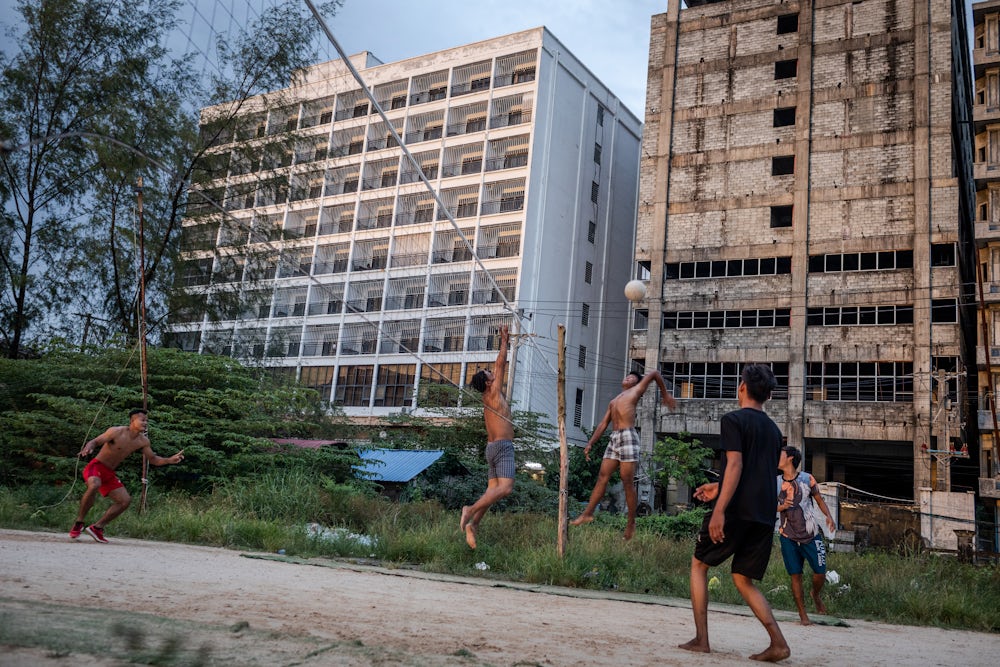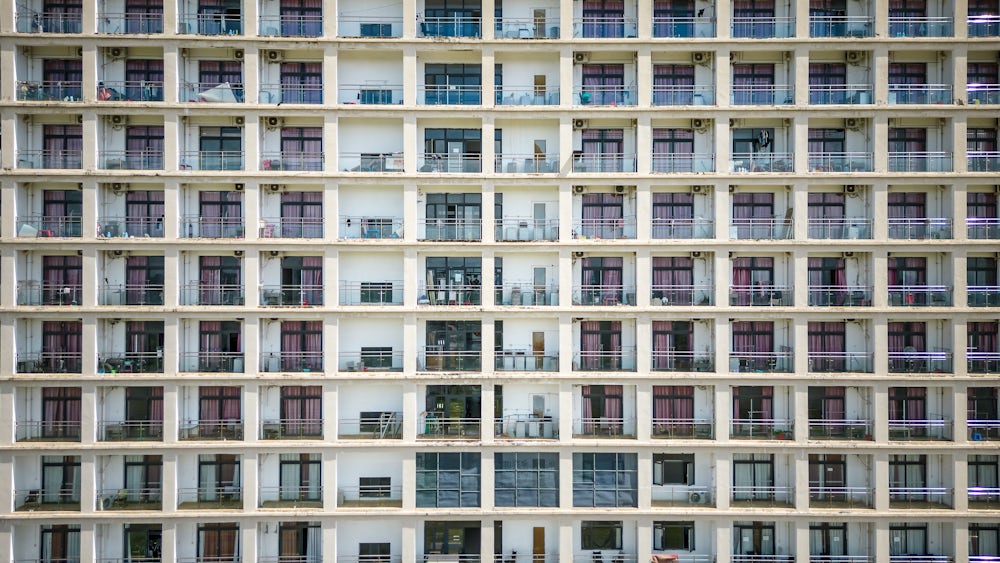
Scam Factories
The inside story of Southeast Asia’s fraud compounds

It's 2022 and George has just been sold to a scam compound in Myanmar.
It's like a prison, far worse than the conditions in Laos, where he was previously held.
George's bosses are violent. If he's going to survive, he knows he has to start scamming.
Secretly, he's also plotting his escape. He uses a hidden SIM card to contact a rescue group on the outside, but word gets back to his managers.
Astonishingly, this time it's not another beating. Instead they let him go. He's spirited to a holding cell along the Mekong River where he spends an anxious night.
The next day, George is taken by boat across the river back to Laos. Freedom, finally. But now he's stranded, without money or a passport. He checks into a guesthouse, promising payment will arrive soon, and cleans in exchange for food.
Three months pass before the local anti-trafficking police arrive and move him to a shelter in Vientiane. Then it's another two months, waiting:
By the time George makes it back to Uganda, the whole ordeal has lasted nearly a year.
The art of escape
George, who still fears for his safety and requested we use a pseudonym, is just one of about 100 scam compound survivors we’ve spoken to as part of our research. One of us, Ling, is a former Chinese police officer who worked with trafficking victims before moving into academia.
She also volunteered with rescue charity groups in Cambodia and collaborated with civil society organisations to help survivors return to their homes.
These survivors told us there are only three ways out of a scam compound. Some people get their families to pay the ransom. Others, like George, reach out for help from police or an NGO. Others attempt an escape, but it's a risky move.
In early 2023, a young Chinese man named Jack sent this text to a Cambodian rescue organisation with which Ling had been volunteering.
That night, he told his supervisor he wanted to work extra hours. As the guard slept, he crept out a window and jumped. He landed hard on the lawn below and felt searing pain – he had broken both of his ankles.
Jack sent his location to the rescue team and crawled 100 metres to a waiting driver.
On the way to a safe house, he discovered the compound manager had put a US$20,000 bounty on his head.
The manager also threatened to cut off his hand.
Mass escapes occasionally happen too. In 2022, about 40 Vietnamese workers broke out of a compound in Cambodia and leapt into a river to try to swim to freedom. One 16-year-old drowned.
40 Vietnamese men and women fled a casino in Cambodia on Thursday and tried to swim back to Vietnam's An Giang province. One reportedly drowned. They said they were duped into working illegally Cambodia and got beaten. pic.twitter.com/Q9UHpVbaYh
— Nga Pham (@ngahpham) August 19, 2022
Here's how the compound rebranded itself after the escape.
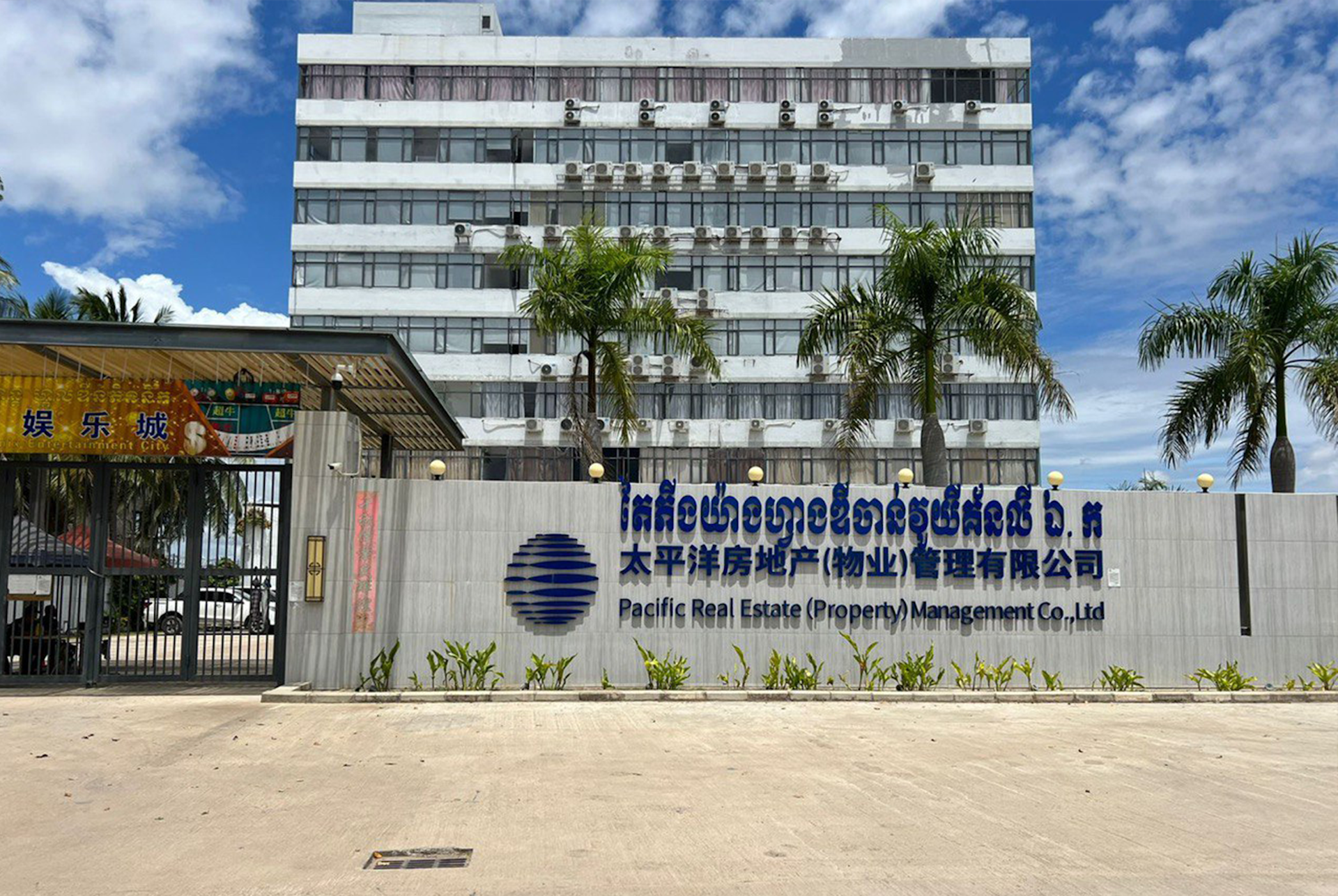
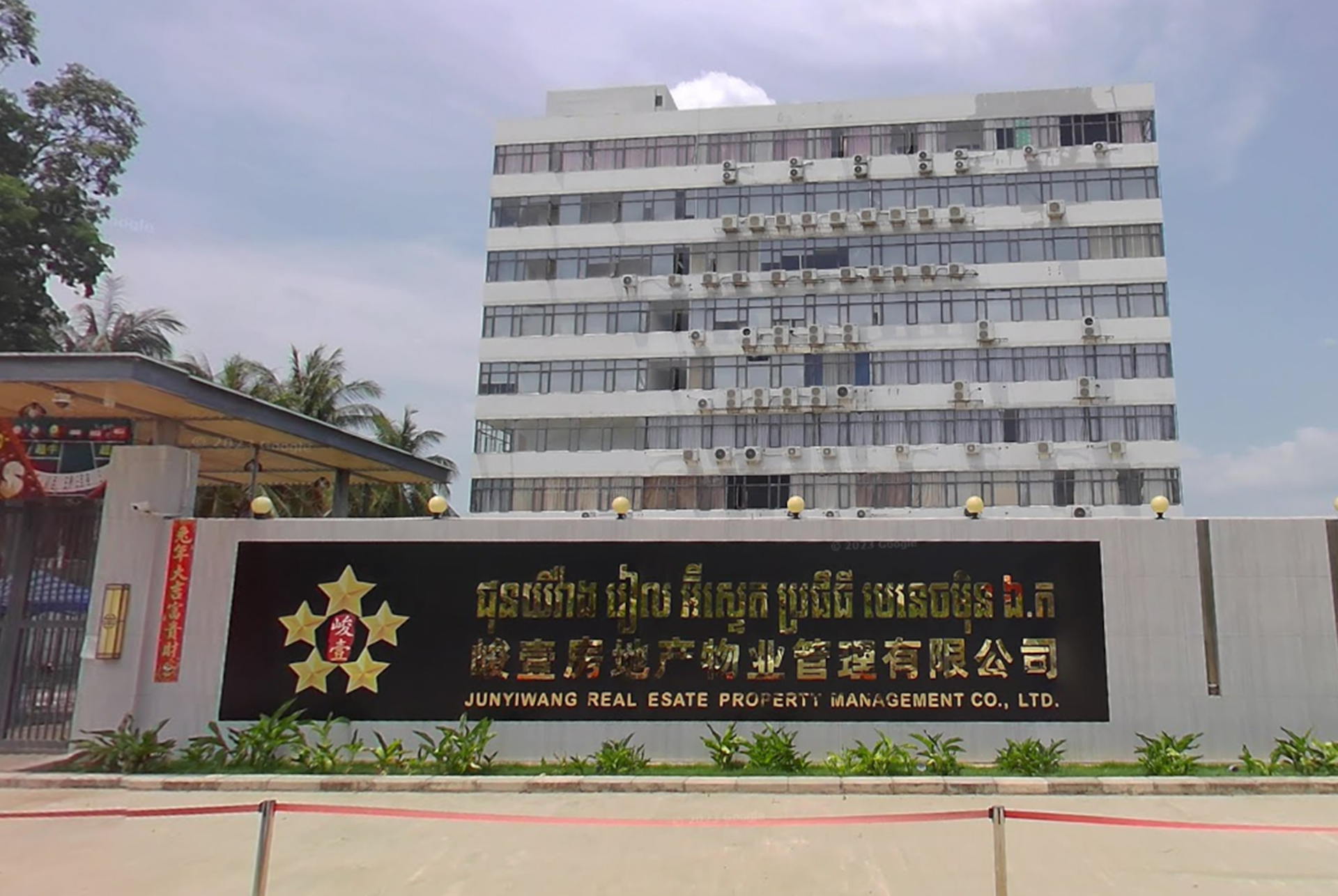
While some escapes are successful, others are not. In Myanmar, survivors say local villagers are paid by the compounds to keep a look out for escapees – and bring them back for a handsome reward.
Scam Factories is a special multimedia and podcast series by The Conversation. Listen to the podcast series here.
The burden of proof
Getting out is only the first step. Survivors we've met often find themselves stranded in a foreign country. Many have engaged in criminal activities – even if they claim it was under duress – and languish in immigration detention centres for months.
One of the big questions they face: can they prove they're really a victim?
Local police or immigration officers often demand evidence survivors have been trafficked and forced to work in the compounds. Few have it.
Scam operators typically confiscate workers’ phones and give them company devices that are heavily monitored. As one survivor told us:
Police found a photo on another survivor's phone, showing him laughing with colleagues. They said it was proof he wasn't a victim.
Many survivors opt out of the whole lengthy process of proving they're victims and pay their own way home. They lose out on support for accommodation, flights and medical expenses and sometimes pay a fine for violating immigration rules.
Some even turn to people traffickers to get home, which puts them at risk of being re-trafficked.
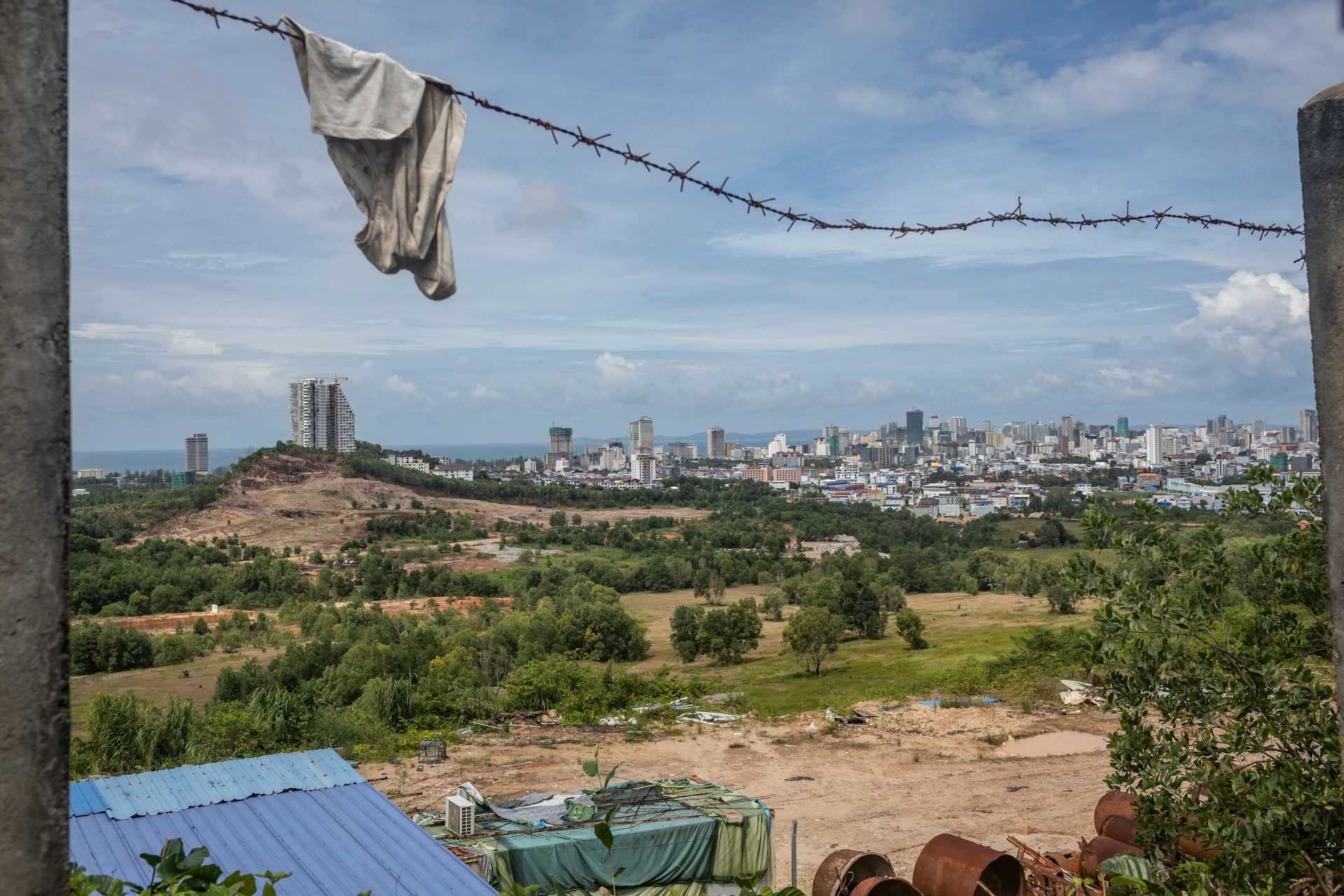
Once they're home, families and friends are often quick to judge. Many survivors are ostracised.
Alice, a Taiwanese victim we met in part one of our series, was repeatedly raped inside scam compounds. When she returned home, she was accused of being greedy and naïve.
These kinds of binary judgements aren't particularly helpful because the line between victim and perpetrator is not always clear cut. Criminologists call it the “victim-offender overlap”.
We shouldn't excuse the actions of those scammers who enter the industry willingly, but nor should we let judgement get in the way of understanding why they made that choice.
And rather than focusing on the culpability of those at the bottom of the food chain, we should turn our attention to the top.
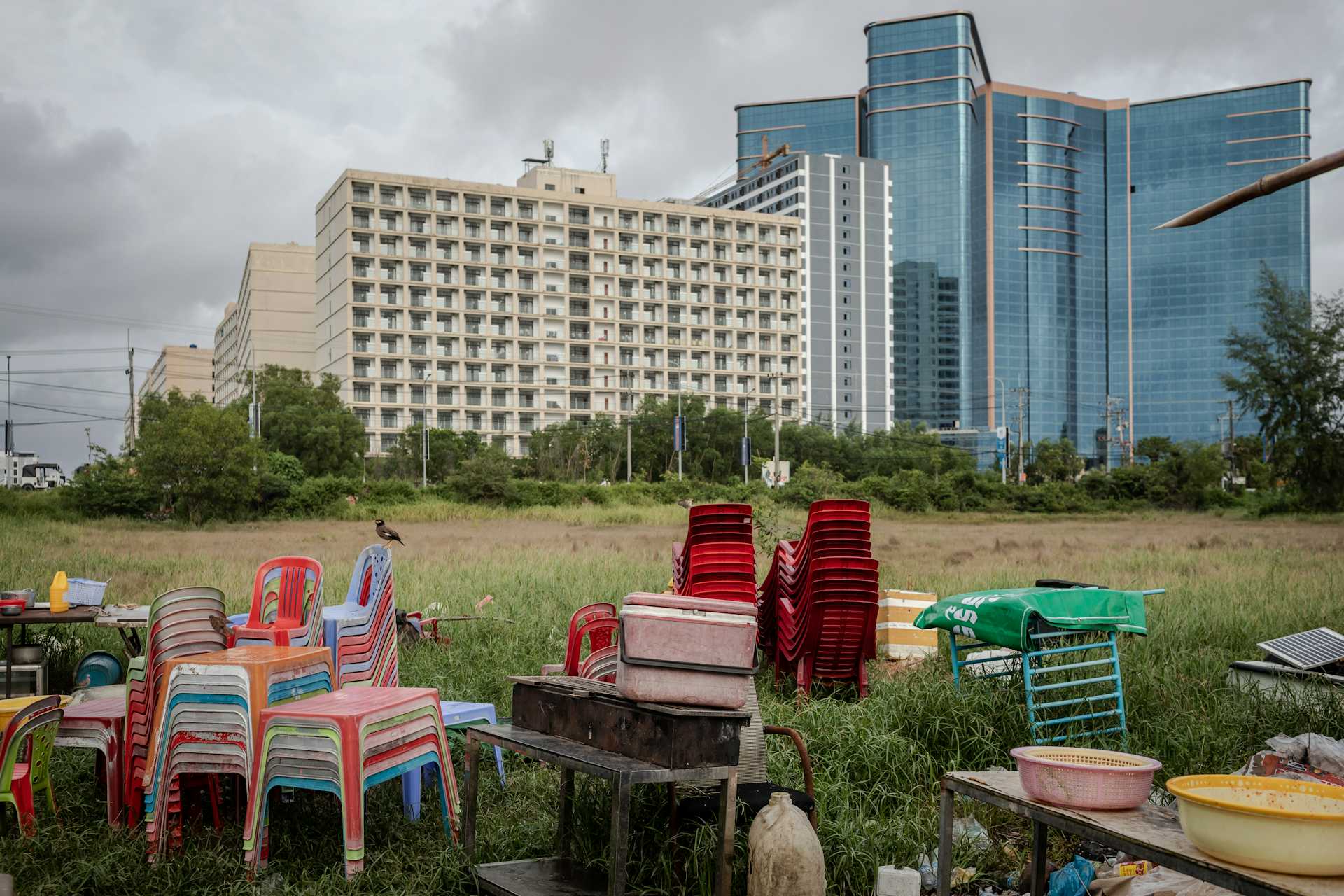
So, what can be done?
Containing the spread of the industry requires concerted and coordinated international effort. Countries hosting scam centres must be compelled to address the issue. Perpetrators and companies in Cambodia, Laos and Myanmar have been sanctioned by the US and UK governments, which sends a strong signal. But, to date, there have been few consequences for the countries in which they operate.
Tech companies, too, must crack down on fake job ads and block scam recruiters, people traffickers and money launderers.
Law enforcement agencies in these countries need greater international assistance, as well. Even where there is commitment to pursue perpetrators, the authorities are often simply no match for the sophisticated criminal networks behind these scam factories.
Crucially, groups on the ground rescuing and helping survivors, and those monitoring the industry, are in dire need of resources. Many are now at risk of collapse after US President Donald Trump's decision to gut the US Agency for International Development (USAID), which has been a key funder of anti-trafficking work. Ling's own work helping scam workers after they've been rescued has been put on hold.
This makes it even more important for victims to share their stories. As rape survivor Alice told us:
